AO Edited
Jamali Kamali Mosque and Tomb
Visit a haunted Mughal mosque and the tomb of a Sufi saint and his disciple.
Located adjacent to the UNESCO World Heritage Site of Qutub Minar, Mehrauli Archaeological Park is home to over a hundred historical monuments, from sultans’ tombs to stepwells, medieval forts to ruined mosques. Among these, the Jamali Kamali Mosque and Tomb continue to be a popular destination for those seeking some serenity in this “City of Djinns.”
Built circa 1528-1529 during the reign of the first Mughal emperor Babur, the mosque is named after Shaikh Jamali Kamboh, a 16th-century Sufi saint renowned for his mystical poetry. The rhyming half of the name, Kamali, refers to an unknown figure who is buried beside Jamali in the tomb adjacent to the mosque. According to local folklore, this Kamali was not only Jamali’s disciple but also his lover, a popular theory rejected by historians but seemingly backed by the manner the two are buried in, suggesting that their relationship was of an intimate nature.
Whatever the truth, the Jamali-Kamali tomb remains a hidden gem in Mehrauli, beautifully decorated and once described as giving the impression of “stepping into a jewel box.” Built in red sandstone and embellished with marble, the mosque itself is also very well-preserved, its arcaded interior majestic and almost palatial.
And it is believed by many to be haunted.
Much of the hearsay about paranormal activities at Jamali-Kamali does not have to do with ghosts, however, but with the Djinn, a race of shapeshifting spirits in Islamic cosmology. Typically anglicized as genies, the Djinn are often said to be demonic creatures but may also be benevolent and wish-granting, as told in the tales of the so-called Arabian Nights.
It has been reported that those visiting Jamali Kamali Mosque especially at night, after its closing hour, may experience a feeling of being watched, or even touched by invisible hands. Rumors suggest that the feeling would last even after they reached home.
Know Before You Go
Mehrauli Archaeological Park is open every day from 5am to 6:30pm; it’s free to visit the mosque and tomb during the park’s opening hours. It’s located within a walking distance from Qutab Minar metro station.

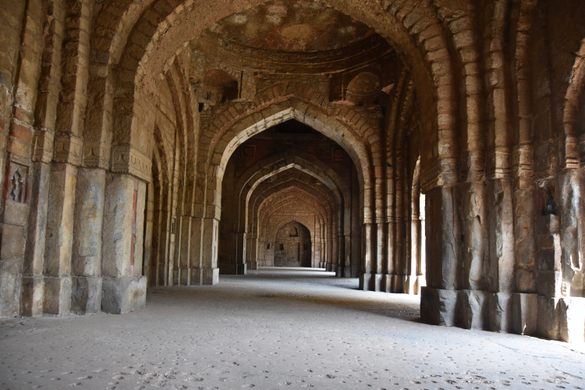
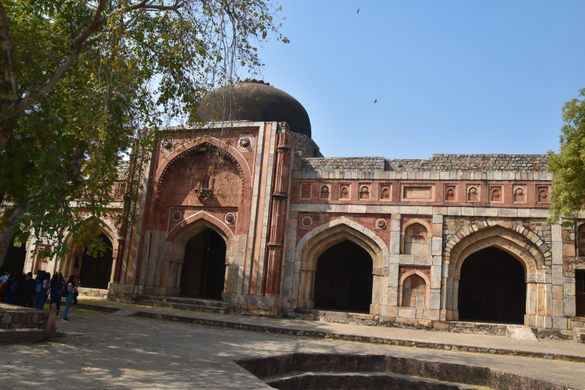
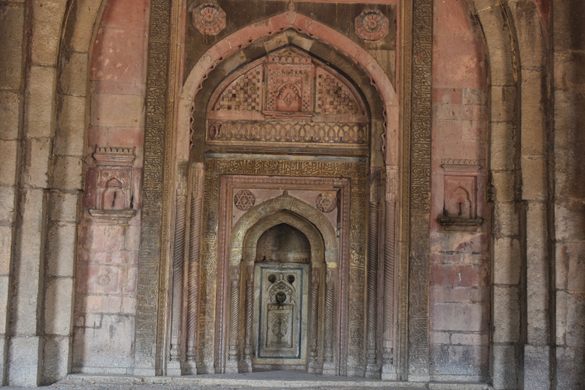
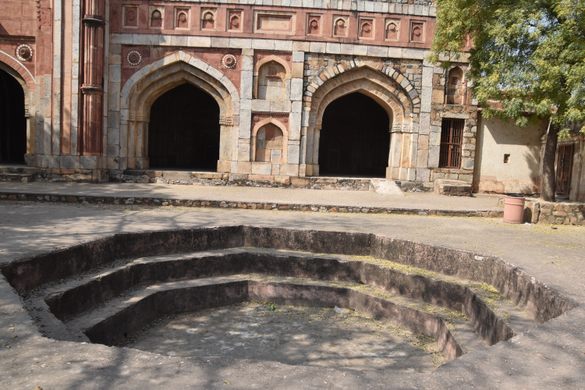
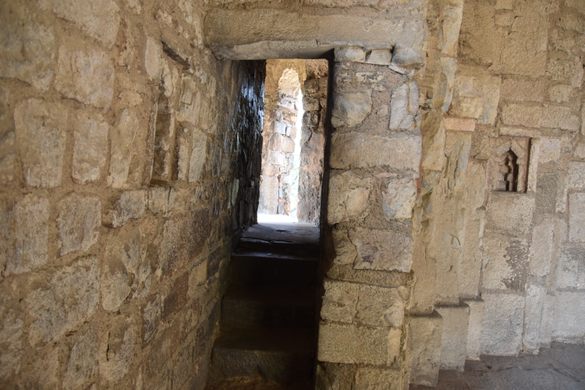

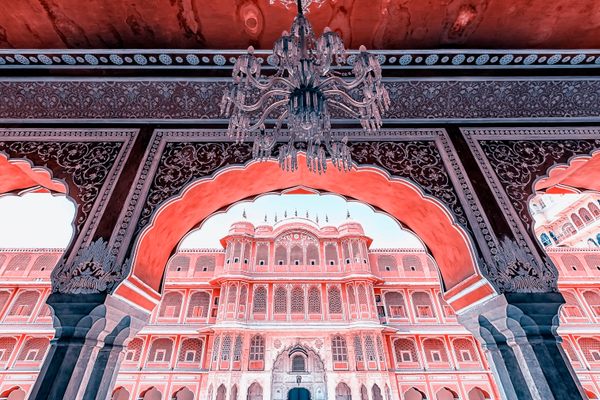


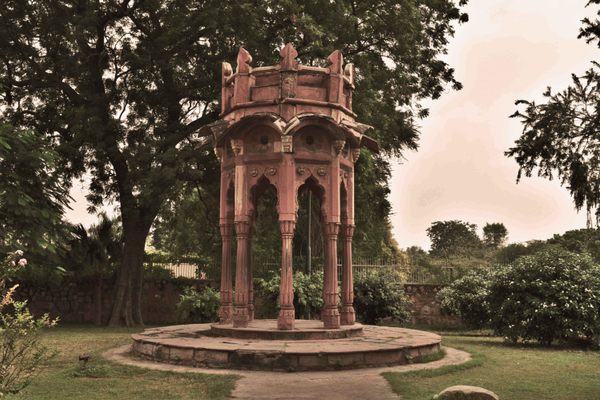

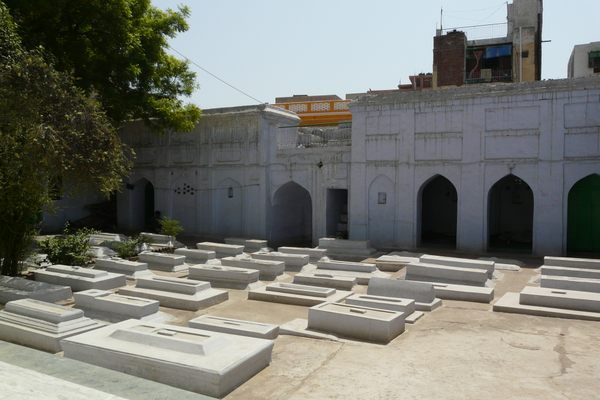

Follow us on Twitter to get the latest on the world's hidden wonders.
Like us on Facebook to get the latest on the world's hidden wonders.
Follow us on Twitter Like us on Facebook